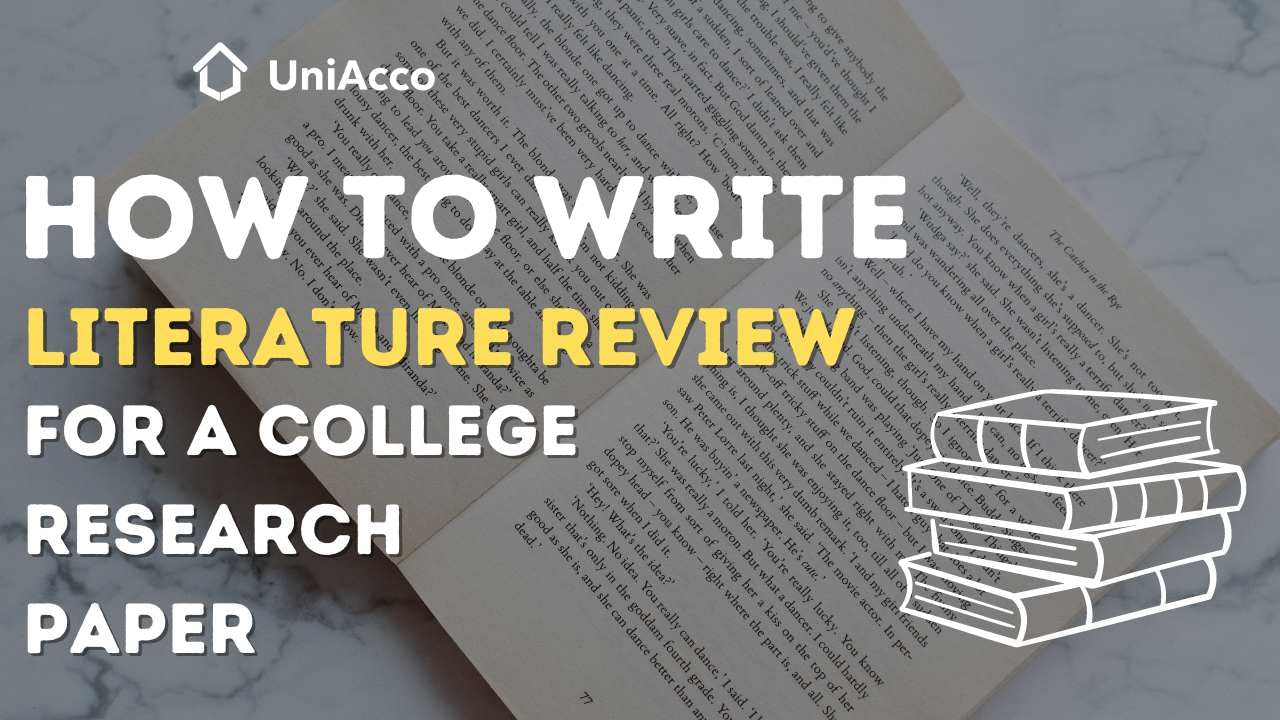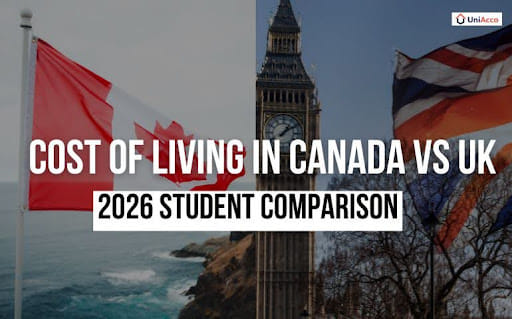Writing a literature review is an integral part of any college research paper. It provides an overview and critical evaluation of the existing scholarly works related to your research topic. By conducting a thorough literature review, you can establish the current state of knowledge, identify research gaps, and support the theoretical framework of your own study. In this blog post, we will explore the steps and tips to help you write an effective literature review.
What is a Literature Review?
A literature review is a systematic analysis and synthesis of published academic sources such as scholarly articles, books, and dissertations that are relevant to your research topic. It aims to provide a comprehensive understanding of the existing research and the various perspectives and debates within the field.
What is the Purpose of a Literature Review?
The primary purpose of a literature review is to:
- Establish the context: Situate your research within the existing body of knowledge.
- Identify research gaps: Discover areas that have not been extensively explored or require further investigation.
- Provide theoretical framework: Support your research with relevant theories and concepts.
- Demonstrate critical thinking: Evaluate and analyze existing literature to develop your own perspective.
- Avoid duplication: Ensure that your research adds value by not replicating previous studies.
Literature Review Examples
Here are a few examples of literature reviews to help you understand the different approaches and styles:
- Comparative Literature Review: Analyzing and comparing multiple studies that focus on similar research questions.
- Historical Literature Review: Investigating the development and evolution of a specific topic over time.
- Theoretical Literature Review: Examining the theoretical foundations and concepts that underpin your research area.
How to Write a Literature Review?
Step 1: Define your research question
Clearly define your research question or objective to guide your literature review and maintain focus throughout the process.
Step 2: Conduct a comprehensive search
Utilize academic databases, online libraries, and relevant search terms to identify a wide range of sources. Include both seminal works and recent publications to ensure a comprehensive review.
Step 3: Evaluate the sources
Assess the credibility, relevance, and quality of each source. Consider factors such as author expertise, publication reputation, and methodology employed in the studies.
Step 4: Read and take notes
Thoroughly read each selected source and take detailed notes. Summarize key findings, methodologies, and arguments presented in the literature. Organize your notes based on themes or categories.
Step 5: Write the review
Structure your literature review by introducing the topic, presenting the main themes, and discussing the findings of the selected sources. Identify gaps in existing research and highlight areas that require further exploration.
Step 6: Edit and proofread
Revise your literature review for clarity, coherence, and flow. Ensure that your arguments are well-supported and your writing is concise and precise. Proofread for grammatical and spelling errors.
Step 7: Conclude the review
Summarize the main findings of your literature review and emphasize their significance. Discuss the implications for your own research and suggest future directions for the field.
Tips for Writing a Good Literature Review
- Stay organized: Maintain a systematic approach by using tools like citation management software and creating an outline to keep track of your sources and notes.
- Be critical: Evaluate the strengths and weaknesses of the literature, identify any biases, and consider alternative viewpoints.
- Be concise: Present your ideas clearly and concisely. Avoid excessive repetition and irrelevant details.
- Cite your sources: Provide proper citations for all the sources you reference in your literature review. Follow the appropriate citation style (such as APA, MLA, or Chicago) recommended by your institution.
- Seek feedback: Share your literature review draft with peers, professors, or writing centers to receive constructive feedback and improve the quality of your work.
Final Verdict
Writing a literature review for a college research paper requires careful planning, comprehensive research, critical analysis, and effective writing skills. By following the steps outlined in this guide and applying the tips provided, you can craft a well-structured and insightful literature review that strengthens the foundation of your research and contributes to the existing body of knowledge in your field.
FAQs
1. Can I apply for multiple student loan forgiveness programs?
Yes, it is possible to apply for multiple student loan forgiveness programs if you meet the eligibility criteria for each program. However, keep in mind that the requirements and conditions may vary, so it’s important to carefully review the criteria for each program before applying.
2. How long does it take to get approval for loan forgiveness?
The processing time for loan forgiveness applications can vary depending on the program and the volume of applications being reviewed.
It is advisable to check the specific program’s guidelines for estimated processing times. Generally, it may take several weeks to several months to receive a decision on your application.
3. Will student loan forgiveness affect my credit score?
Generally, student loan forgiveness itself does not directly impact your credit score. However, it’s important to note that if you have missed payments or defaults on your loans prior to applying for forgiveness, those negative marks may have already affected your credit score. Ensuring consistent and timely payments before applying for forgiveness is recommended to maintain a positive credit history.
4. Are private student loans eligible for forgiveness?
Private student loans are typically not eligible for federal student loan forgiveness programs. Forgiveness options for private student loans may vary depending on the lender and the terms of the loan. It’s advisable to contact your private loan provider to inquire about any available forgiveness or repayment assistance programs.
5. What happens if I don’t meet the requirements for loan forgiveness?
If you do not meet the requirements for loan forgiveness, your application may be denied. In such cases, you would remain responsible for repaying your student loans according to the terms of your loan agreement. It’s essential to review the denial notice, understand the reasons behind the denial, and explore other repayment options that may be suitable for your financial situation.
Remember to stay organized, be critical in your evaluation, cite your sources correctly, and seek feedback to improve your literature review. By doing so, you will create a compelling and impactful literature review that enhances the overall quality of your college research paper.
Also Check out the other Informative Blogs:















0 Comments